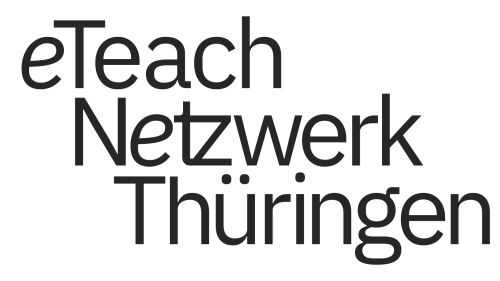
Artificial intelligence in university teaching
The progress made in artificial intelligence (AI) poses considerable challenges for university teaching. There is a widespread assumption that AI tools will have a significant impact on how universities teach and learn in the future. It is therefore very important to recognize the full potential of AI applications to improve teaching and support instruction and learning. At the same time, it is also important to reflect on the associated challenges and problems.
On this website, you will find comprehensive information on the topic of “AI in teaching.” The aim is to offer a broad perspective by giving you access to different experiences and practices in dealing with AI in teaching. You are welcome to use these resources and benefit from the various information and experiences already available. Together, we can advance the topic of “AI in teaching” without neglecting the important reflection on the challenges of AI and its responsible use in teaching and learning.
Here, we understand “generative AI” to mean computer models that are capable of autonomously generating new content such as images, text, or music, taking into account human input, after learning internal patterns and structures from a training data set.
News and events related to AI in teaching
Both lecturers and students should be given the opportunity to exchange views on the impact of AI tools on studying and teaching. Here you will find events from various university departments and selected external events that serve this purpose.

